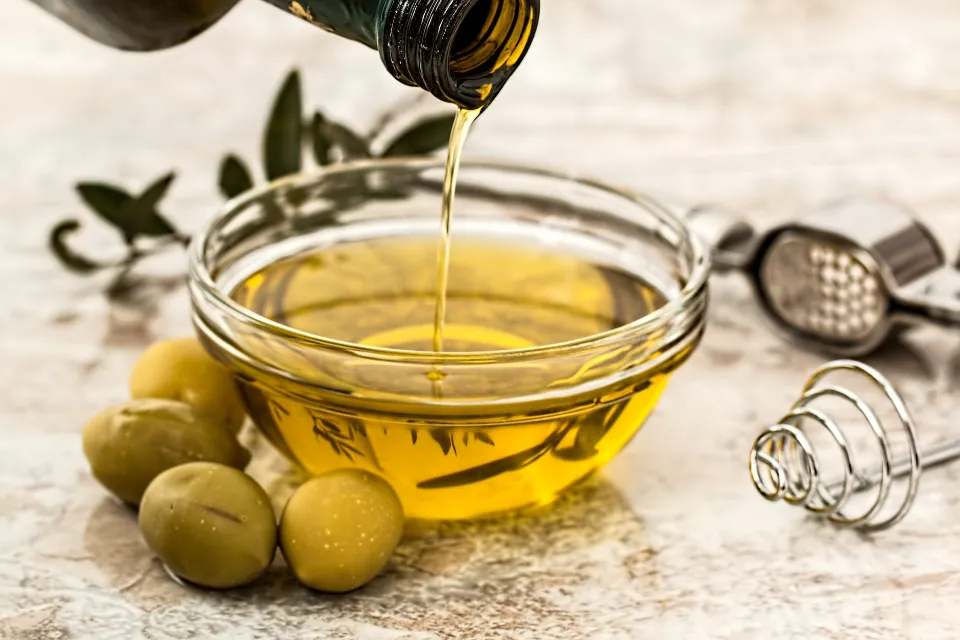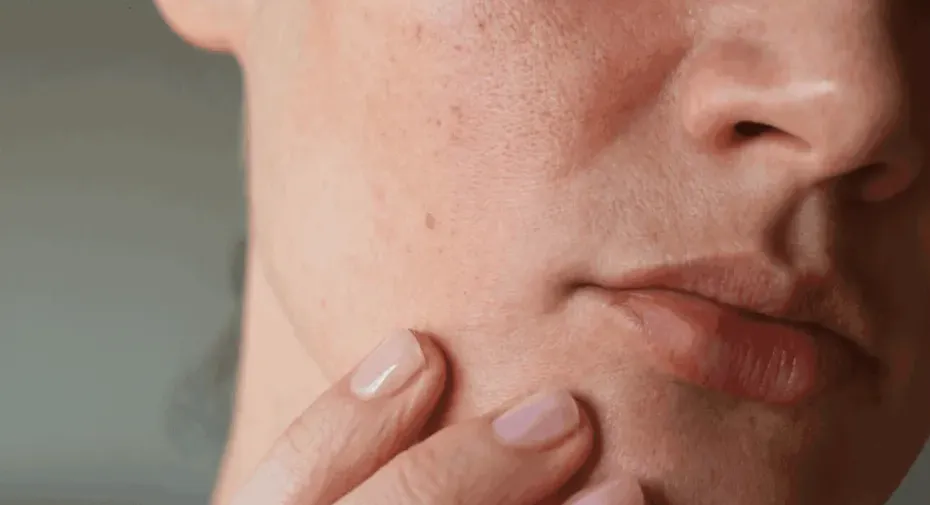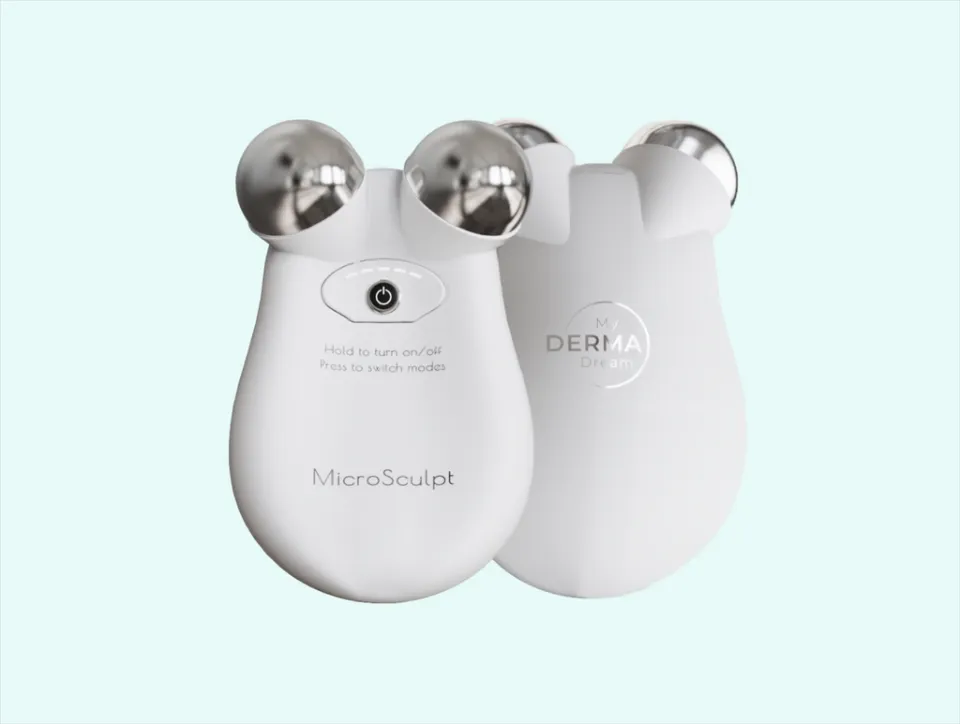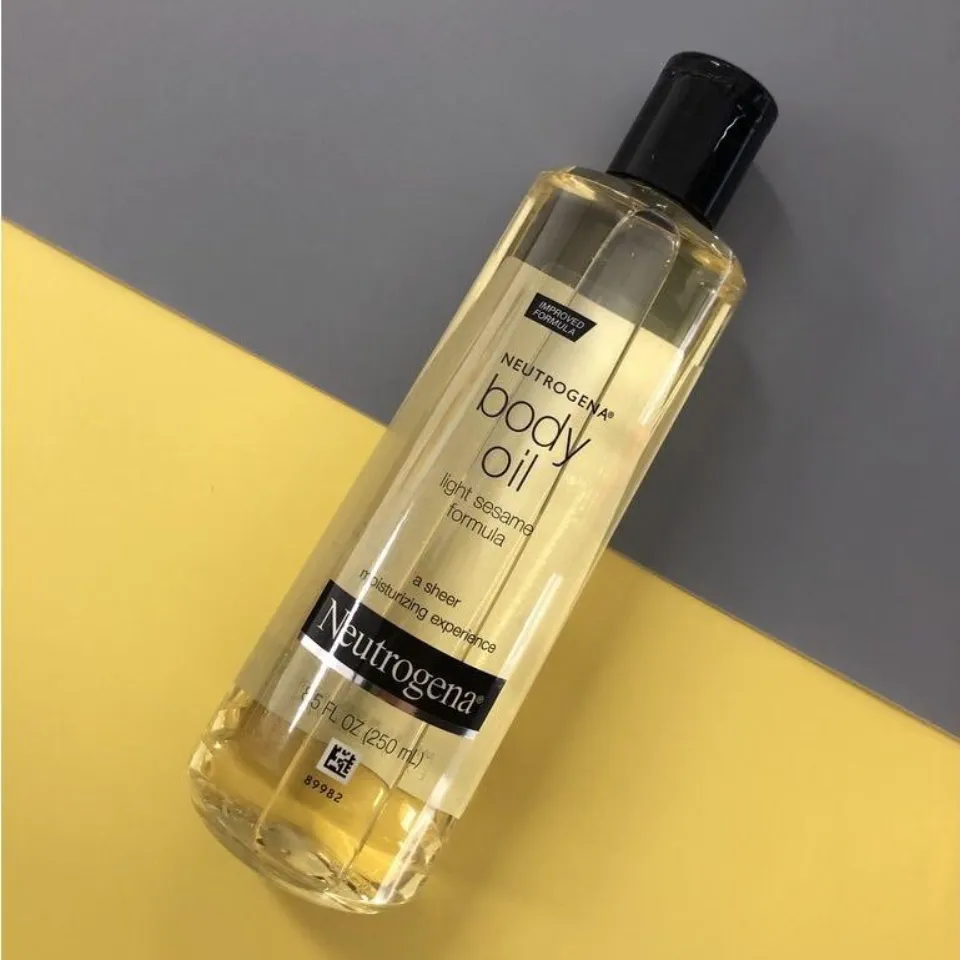If you’re a die-hard skincare enthusiast, you probably adore facial oils, especially if the component is one that you already have in your kitchen pantry. One popular oil is olive oil, but is olive oil good for your face? We’ll look at the advantages and disadvantages of using olive oil on your skin.
A well-liked all-natural treatment for skin problems is olive oil. It contains a wealth of antioxidants, vitamins, and minerals. However, it’s important to use a high-quality product and to be aware of any potential risks.
Learn more about the impact of olive oil on our skin by reading on it.
What is Olive Oil?
Pressing and then expressing olives to extract their oil results in the nutrient-rich oil known as olive oil. When applied topically, its healthy monounsaturated fats and antioxidant content may benefit the skin.
Like plums and peaches, olives are categorized as a soft fruit. They can therefore bruise easily, which lowers the oil’s quality. Look for olive oils that list “hand-picked olives” on the label to ensure that you have a high-quality product.
After being picked, the olives are cleaned before being ground into a paste. The following step, known as malaxation, involves slowly combining that paste at a set temperature. This breaks open any oil-containing cells that hadn’t already broken open and helps droplets of oil to coalesce into larger droplets.
The paste is then placed in a centrifuge, which separates the solid components from the olive oil and any water remaining from the washing stage.
Olive oil can be applied to the skin to add additional moisture and treat dry skin because it helps to lock in moisture. There are several beauty products like soaps and lotions that have added olive oil to their formulations for its skin benefits.
Related Reading: Does Olive Oil Whiten Teeth?
Benefits of Olive Oil on Face
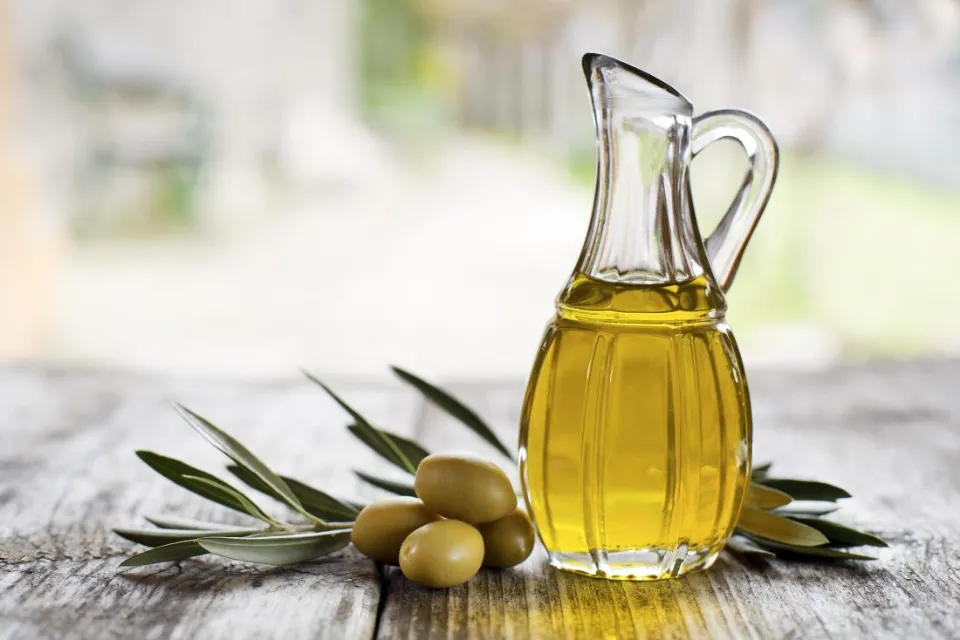
Some of the potential benefits of olive oil for the skin include:
1. Antioxidant Content
Olive oil acts as an antioxidant, which is a substance that prevents oxidation. Free radicals are chemicals that can potentially harm cells and may aid in the development of cancer. Oxidation is a process that can produce them.
Antioxidants may delay early aging when applied to the skin. Additionally, some studies indicate that applying olive oil to the skin after exposure to the sun may help to fend off cancer-causing cells.
In the experiment, researchers applied the oil to the skin of mice that had been exposed to ultraviolet (UV) rays that could be harmful. The mice with olive oil on their skin had significantly lower tumor growth than the mice without.
To fully comprehend the effects of olive oil’s antioxidant properties on human skin, scientists must conduct more research in this area.
2. Vitamin Content
The fat-soluble vitamins A, D, E, and K are present in olive oil. Some of these vitamins may be beneficial for the skin.
For instance, vitamin E oil has been applied topically to treat a range of skin conditions throughout history, such as psoriasis and eczema.
3. Antibacterial Effects
Olive oil has been shownTrusted Source to have antibacterial properties. Olive oil’s capacity to regulate bacteria on the skin, however, has received very little research.
One small studyTrusted Source looked at the effects of using olive oil and coconut oil on Staphylococcus aureus bacteria on the skin. Both oils had antibacterial effects, according to the findings, but virgin coconut oil was more successful at getting rid of the bacteria.
However, olive oil can occasionally be used to treat bacterial skin infections. It may also improve healingTrusted Source in people with foot ulcers caused by type 2 diabetes.
4. Moisturizing Effects
A common natural moisturizer that works well to soften both skin and hair is olive oil. On its efficacy, there is, however, very little research.
Disadvantages of Olive Oil on Face
But olive oil also has some drawbacks:
May Cause Breakouts
Pure, cold-pressed olive oil is high in oleic acid, which can be comedogenic for some people. As a result of obstructing the skin’s normal processes, it may potentially clog pores and cause acne outbreaks. If you have acne-prone skin, it’s best to use a diluted form of olive oil or avoid it altogether.
Can Be Heavy and Greasy
Pure, cold-pressed olive oil may be too thick and greasy for some people’s skin types. If this is the case for you, try mixing it with another light oil, such as jojoba oil, before applying it to your skin.
May Increase the Appearance of Blackheads
The same high level of oleic acid that can cause breakouts in some people can also lead to the formation of blackheads. Try using a lower concentration of olive oil or switch to another kind of oil, like coconut oil, if you start to notice an increase in blackheads when you start using it.
May Cause Rash Or Skin Irritation
When using olive oil, some people might get a rash or experience skin irritation. If this happens, discontinue use and consult your doctor.
Related Post: Disadvantages of Almond Oil on Face
How Can You Use Olive Oil on Your Face?
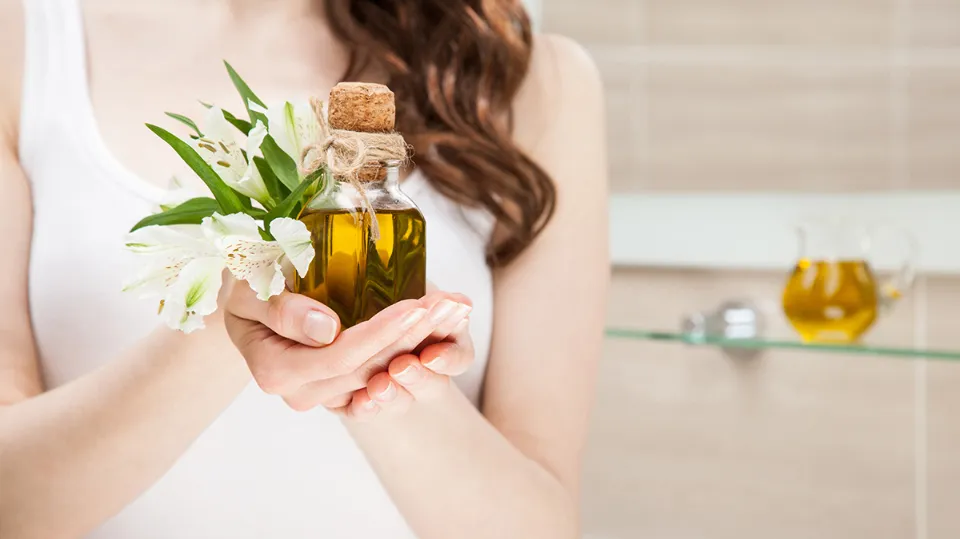
In many face wash formulations, olive oil is a common ingredient. There are cosmetics that have olive oil bases. It can also be found in some soaps, body washes, and lotions.
By rubbing it directly onto your skin, olive oil can be used as a moisturizer without any additional ingredients.
Following that, use a towel or cloth to blot off any extra oil. After being in the sun or getting a sunburn, using olive oil as a moisturizer may be especially beneficial.
You Might Also Like:
Takeaway: Is Olive Oil Good for Your Face
So, is olive oil good for your face? With its vitamin, antioxidant, and antibacterial properties, olive oil may have some advantages for the skin. Olive oil’s skin and face-care advantages have, however, received little research.
However, everyone’s skin is different, so be sure to consult with a doctor or dermatologist if you have any specific concerns.
Read More:
- Argan Oil for Face
- Avocado Oil for Face
- Is Baby Oil Good for Your Face?
- Is Rosehip Oil Good for Face?
- Is Bio Oil Good for Face?
- Is Sunflower Oil Good for Your Skin?
- Can You Put Coconut Oil on Your Face?
FAQs
Can I Use Olive Oil on My Face Every Night?
If used excessively, the heavy oil found in olives can clog pores and trap bacteria. People should use it sparingly, and wipe off any extra oil with a soft cloth or cotton ball immediately.
Is Olive Oil Good for Your Face Wrinkles?
Olive oil has anti-inflammatory and antioxidant properties that help maintain the health and youth of your skin. In order to avoid wrinkles, it also helps keep your skin hydrated.
How Long Should I Leave Olive Oil on My Face?
Massage olive oil into the scar for about five minutes, and leave it on for about 10 minutes before gently wiping it off.

